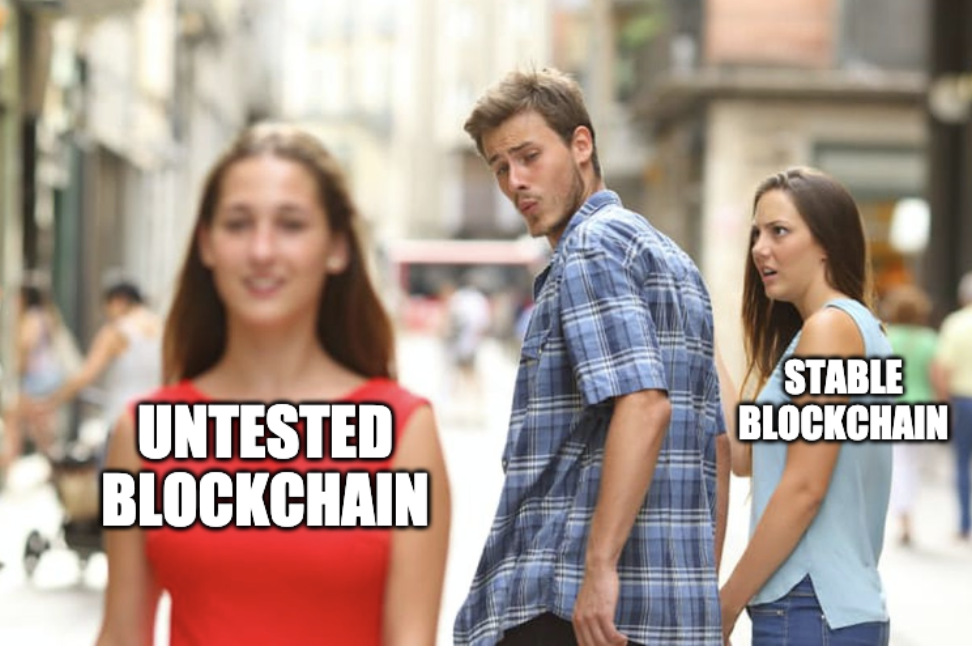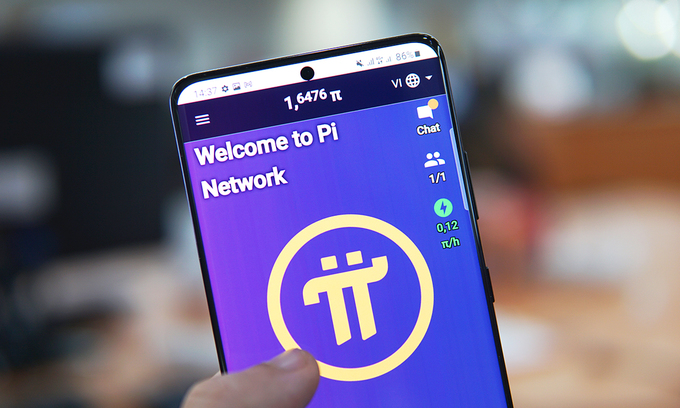Blockchain & cryptocurrency

.
Blockchain
A cryptocurrency's blockchain (sometimes written "block chain") is the master ledger that records and stores all prior transactions and activity, validating ownership of all units of the currency at any given point in time. As the record of a cryptocurrency's entire transaction history to date, a blockchain has a finite length - containing a finite number of transactions - that increases over time.
Identical copies of the blockchain are stored in every node of the cryptocurrency's software network - the network of decentralized server farms, run by computer-savvy individuals or groups of individuals known as miners, that continually record and authenticate cryptocurrency transactions.
A cryptocurrency transaction technically isn't finalized until it's added to the blockchain, which usually occurs within minutes. Once the transaction is finalized, it's usually irreversible. Unlike traditional payment processors, such as PayPal and credit cards, most cryptocurrencies have no built-in refund or chargeback functions, though some newer cryptocurrencies have rudimentary refund features.
During the lag time between the transaction's initiation and finalization, the units aren't available for use by either party. Instead, they're held in a sort of escrow - limbo, for all intents and purposes. The blockchain thus prevents double-spending, or the manipulation of cryptocurrency code to allow the same currency units to be duplicated and sent to multiple recipients.
On Jan. 3, 2009, the blockchain was launched when the first block, called the genesis block, was mined. The first test transaction took place about one week later.
Cryptocurrency
Cryptocurrencies use cryptographic protocols, or extremely complex code systems that encrypt sensitive data transfers, to secure their units of exchange.
Cryptocurrency developers build these protocols on advanced mathematics and computer engineering principles that render them virtually impossible to break, and thus to duplicate or counterfeit the protected currencies. These protocols also mask the identities of cryptocurrency users, making transactions and fund flows difficult to attribute to specific individuals or groups. More on the basic principles of cryptography CLICK ON THE BOTTOM.

Blockchain technology is just a tool that solves a problem, it cannot be the goal of the entire project.
The cryptocurrency sector is overflowing with dead projects.
It seems like every day there are tons of new tokens being released for some new use case. Projects dub themselves the "blockchain version" of [INSERT INDUSTRY HERE].
But the reality is that 99% of these projects are just trying to ride the crypto wave without making a real impact on the world. If I had a nickel for every ICO I've seen that promised to "revolutionize" and disrupt an entire industry, I would be having lunch with Bill Gates right now.
So it's time to focus on the legitimate crypto projects that actually matter. The projects that are actually impacting people around the world in a positive way. This does not necessarily mean that these projects are ending world hunger or poverty but rather that they have actual use cases that provide massive value to their communities.
So with that being said, let's jump into our top 3 impactful crypto projects that GN6 is investing its time an effort since 2021



"I think that blockchain and crypto could be the savior for All of us in many ways because it brings the power back to the people, and brings the security back into the currency system, and also allows the people to utilize it in ways where they can advance themselves, and not allow government to do those things that are keeping us down."